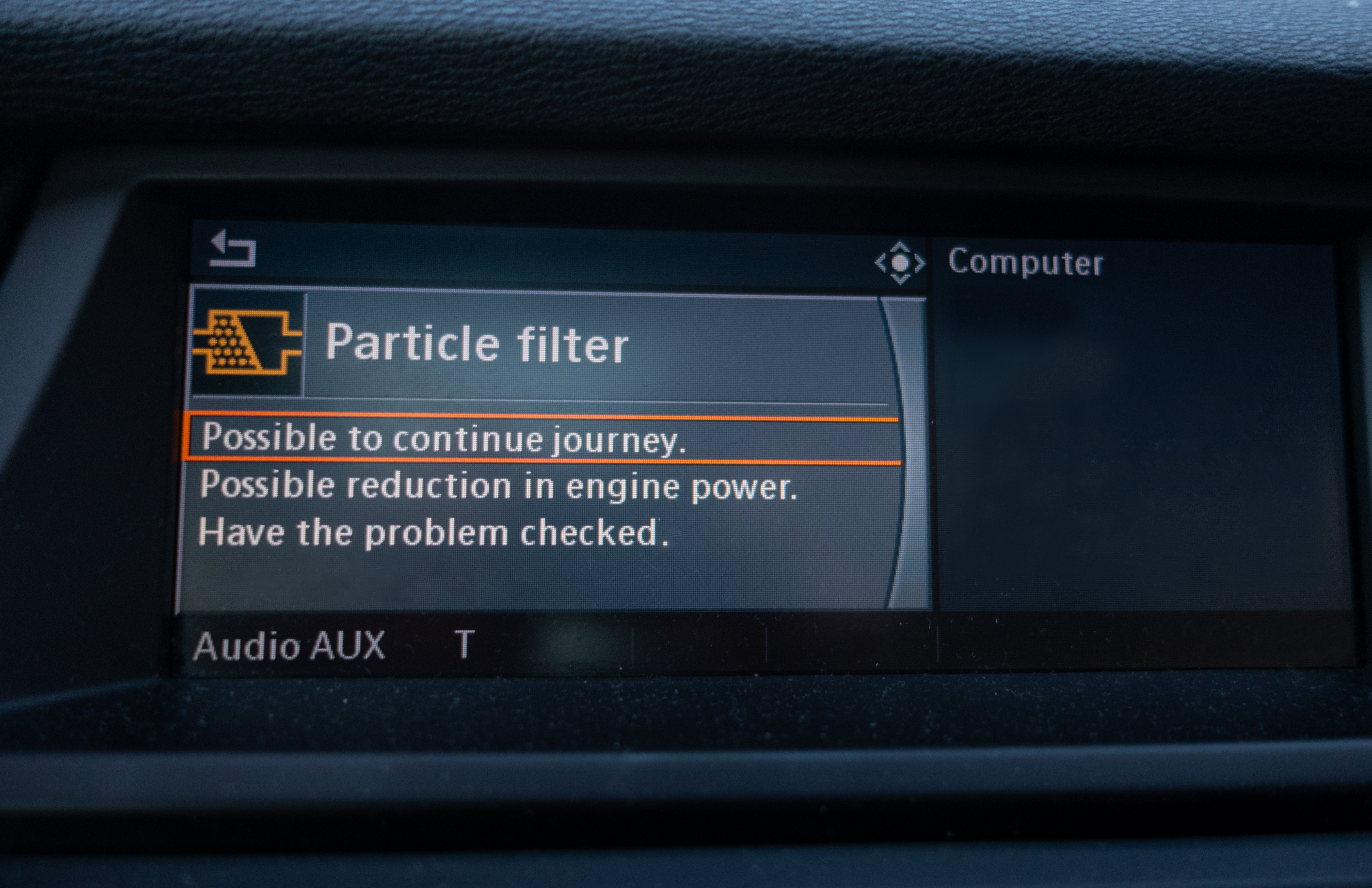There’s a lot of things to consider when choosing your next car. Accessibility, vehicle size and number of seats are popular deciding factors; however, it’s also important to think about which fuel type would be most suitable for your needs.
Currently, around 30% of Motability Scheme customers select a diesel car. However, in the last few years, diesel vehicles have had a lot of bad publicity, this is largely attributed to societies’ growing concerns with environmental issues and diesel’s reputation for being a pollutant. With the introduction of clean air zones across the country, including London’s Ultra Low Emission Zone (ULEZ) and the forthcoming Clean Air Zone (CAZ) in Birmingham, many Motability Scheme customers are worried about choosing a diesel car. In this article we explain what to consider if you’re thinking of a diesel vehicle and dispel some of the misconceptions.
Euro 6 emissions
Drivers must pay a charge when driving within the ULEZ zone if their vehicle doesn’t meet the emission standards. Currently there’s a compulsory charge of £12.50 for most diesel vehicles entering central London, and forthcoming clean air zones are likely to follow suit. Understandably those whose undertake a lot of city driving, and are likely to drive through these zones, may then be reluctant to opt for a diesel vehicle.
However, since September 2015, manufacturers have been obliged to ensure that new car emissions do not exceed Euro 6 emission standards. Scheme customers get a new vehicle every three years, or every five if they have a Wheelchair Accessible Vehicle (WAV). Because of this, almost all Motability Scheme vehicles are compliant with Euro 6 emissions standards, so they’re the cleanest diesel vehicles available on the market.
Vehicles which are Euro 6 compliant are exempt from ULEZ and CAZ charges. This means that you won’t be charged to drive your Scheme vehicle in these zones. In addition, TFL have confirmed that non Euro 6 vehicles registered with ‘disabled’ tax class will benefit from a grace period and will be exempt from the ULEZ charge until 26 October 2025.
Diesel Particulate Filters
So, the introduction of clean air zones shouldn’t pose problems for Scheme customers. However, those with diesel vehicles still may need to avoid driving solely in urban areas; this is because of Diesel Particulate Filters (DPFs).
DPFs catch bits of soot in the exhaust and stop harmful particulates being released. As with any filter (think of the bag in your hoover) they have to be emptied regularly to maintain performance. This process is called ‘regeneration’ – the accumulated soot is burnt off at a high temperature to leave only a tiny ash residue, therefore reducing the number of particulates emitted.
Regeneration is a process controlled by the engine management system in your car, whereby a slightly increased amount of fuel is used to increase the exhaust gas temperature. This typically happens automatically during continuous periods of driving at higher speeds, 40mph or above, and if there is more than a quarter tank of fuel in your car. If you mainly carry out short or stop-start journeys your vehicle may not be reaching the required temperature needed for regeneration to take place, and the DPF warning light on your dashboard may become illuminated. This does not necessarily indicate a fault with the vehicle – it is illuminated to give the driver a warning to adapt their driving style, so regeneration can occur. A single, longer journey can be all that is required for the DPF to regenerate. However, if you continue to drive the vehicle for an extended period with the warning illuminated, you risk causing irreparable damage to the DPF leading to a costly replacement. Therefore, if you are unsuccessful in regenerating the DPF, it is important that you seek help from your dealer.
Is a diesel vehicle right for you?
Because of the regeneration process, diesel cars tend to be suited to high-mileage drivers who regularly drive at speeds over 40mph. So, if you mainly drive-in built-up areas with low speed limits, then a diesel may not be the best vehicle for you and you may want to consider a petrol, or even an electric or hybrid, vehicle instead.
When you’re looking for your next car and deciding between fuel types, make sure you think about which engine is most suitable for your driving habits. Remember that if you are at all unsure as to what’s right for you, your local dealer will be more than happy to help and answer any questions you may have.
Related Articles
Green number plates to identify cleanest cars
Which Wheelchair Accessible Vehicle (WAV) is right for you?
![]()









